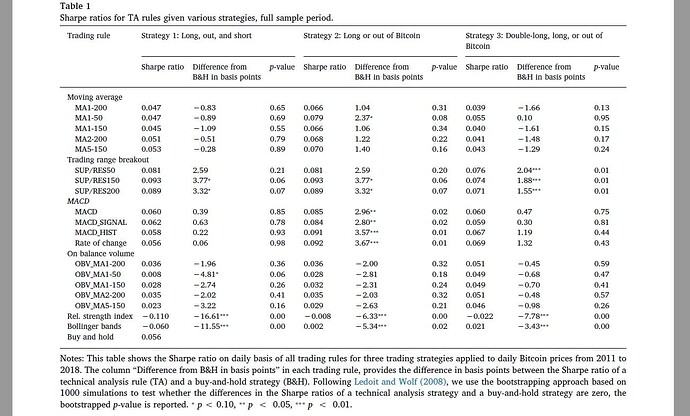I hope there is some general interest in the forum on this topic. I do think regression toward the mean has been a topic of interest for both Yuval and I over the years. I have started a new thread to avoid hijacking James’ thread.
In my opinion, it is not just a statistical law but a law of nature related to entropy and the second law of thermodynamics (and information theory). But let me get to my point.
When I buy a stock with an extreme value ratio such as FCF to price it has always reverted to the mean. It never stays at a rank of 100 or 99.85. Every stock I have ever bought using P123’s ranking system has reverted toward the mean. And there have been thousands.
Maybe some day there will be a stock ranked 100 and it will stay at that ranking forever. But I think Yuval is right. That cannot happen and that is basically impossible. . It is a simple law of nature that it will revert toward the mean.
There are only 2 ways that a stock with a high FCF/P ratio can revert to the mean. One of them is by increasing the price which is all that I care about.
Also by including growth factors and analyst recommendations in my ranking system, I may be reducing the likelihood that the stock will regress toward the mean by decreasing its free cash flow. If free cash flow does not decrease that leaves only one way for the stock to regress toward the mean (and it will): Increasing its price. Again, all that I really care about (increasing price).
So first Yuval is right about regression toward the mean being a very basic law of statistics and even of nature. And second, sometimes I wonder if that is not the whole reason the P123’s ranking system is so successful.
To be honest, I waiver on my thinking about this. But it is an interesting idea, I think.
I had to force it but ChatGPT finally got my point about this being one of the most basic laws of nature: ChatGPT: "Furthermore, the concept of “regression toward the mean” could be seen as an example of a system moving towards a state of higher entropy in the sense that extreme values are less likely and the system is more likely to be found in states that are statistically more probable (i.e., closer to the mean)."
Jim
